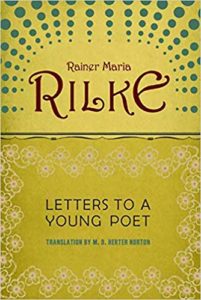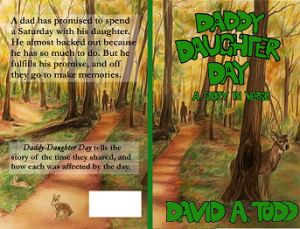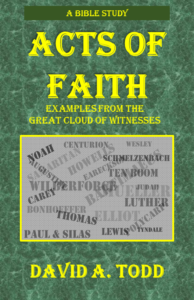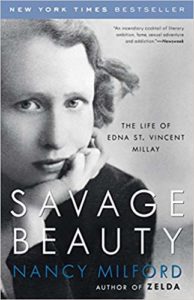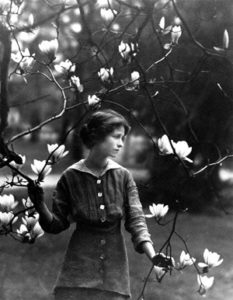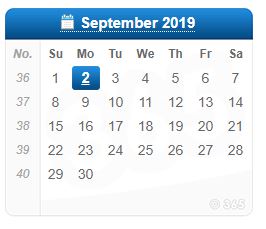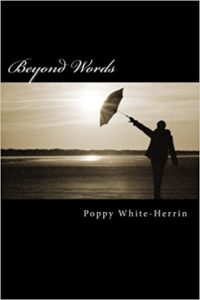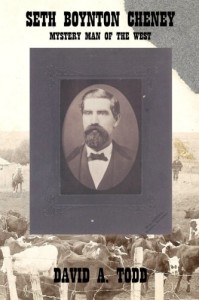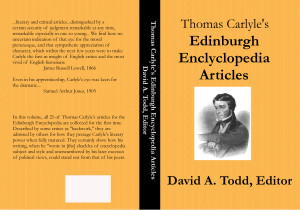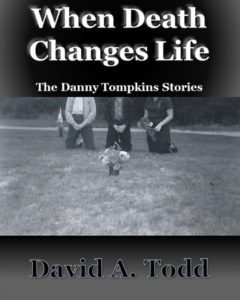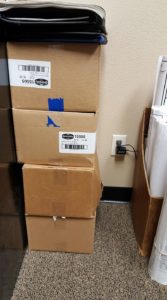Dateline 3 January 2021
For the first time in many years, I start the new year with uncertainty as to what I want to accomplish in my writing. Perhaps this is a residual effect of the corona virus pandemic, which caused a general uncertainty in the world and made life difficult to plan. I didn’t get as much writing done in 2020 as I wanted to, not so much because of corona virus but because of being diverted to other things (health issue, de-cluttering work, letters transcription).
But, a writer who is publishing is running a business, which should have a business plan if it wants to be successful. So here is my plan. It’s a starting point. I will be thinking much about this over the early part of the year and may modify it based on further consideration.
-
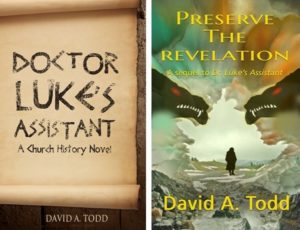
These books have been waiting for the book that goes between them to be written. I’m finally back to working on it. Finish and publish The Teachings. A little over a week ago, I got back to serious work on this novel. As of today’s effort, I have 37,000 words in the first draft. If 80,000 is the minimum size of the book, I’m closing in on halfway done. But I don’t feel that the story is halfway done, so perhaps this will be a 90,000 word novel. Either way, at my current pace I could be done in mid-February, which means I might have the book ready to publish in April. For now, those are my goals.
- Write and publish one Sharon Williams story. Believe it or not the next story in my series Sharon Williams Fonseca: Unconventional CIA Agent, is starting to roll around in my brain. This is happening unsolicited. I’m not trying to think about it, yet the story is developing. That may be a sign that I should write the story this year.
- Write and publish one Documenting America volume. I’m planning for this to be Run-up To Revolution, covering 1761-1775, the documents that led to our rebelling against England. I did some reading for research in 2019 and a little more last year. I need to figure out where I was and see how quickly I could do this. Writing these volumes is always pleasurable, and I’m looking forward to this.
-
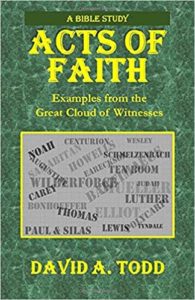
I know which Bible study I want to write and publish next, but it’s going to take some work. Not sure I’m quite ready to do that.. Write and publish a Bible study. I’ve planned out what I want the next one to be: Entrusted To My Care: A Study of 1st and 2nd Timothy. I have a fair number of notes on this, have taught it twice, and think I could do this one with the least amount of effort among all those I’ve developed. Yet, it would still be a pretty significant effort. This would be later in the year.
- Maintain a twice per week blogging schedule. The last two years have shown me I can do this. On occasion I may have to make a dummy post or even skip one, but for the most part I should be able to do this.
-
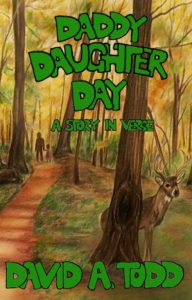
It’s been a long time since I wrote most of the poems in this, around 2005-6, I think. Write some poetry. The desire to write poetry again has become active, even if the words aren’t rolling around yet as they are for the short story. I know the poetry book I want to write. My question is: do I wait for inspiration to strike or do I apply some perspiration and just get on with the writing? That’s what I’ll be thinking about the next few weeks.
As I say, this is a start. For now I’m concentrating on my novel. Once I get that done, I’ll give this plan serious re-evaluation.
